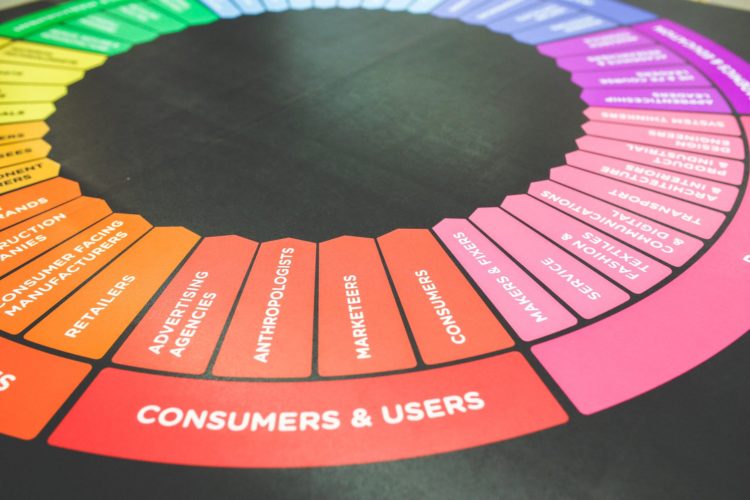Chief Marketing Officers (CMOs) are transitioning from a focus on customer retention last year to now looking to new customer acquisition and growth as they navigate into a post-pandemic world.
As the COVID-19 pandemic led many marketers to shift focus to pure customer retention strategies, it also brought an acceleration to digital transformations for many marketing organizations.

“The past year required moves toward embracing digital commerce, and marketing analytics has given marketers a newfound resiliency they lacked prior to COVID-19,” said Mike McGuire, vice president analyst in the Gartner Marketing practice.
He added that this resiliency puts a spotlight on many maturing technologies and techniques, such as mobile marketing analytics, multichannel marketing hubs and social analytics.
“Technologies with longer times to plateau – like artificial intelligence (AI) for marketing – will likely remain protected in marketing budgets given their long-term importance and incremental value they will deliver over the midterm,” he added.
AI for marketing
AI for marketing comprises systems that change behaviours, without being explicitly programmed, based on data collected, usage analysis and other observations for marketing use cases. AI for marketing promises to make insight generation and prediction faster, more accurate and more actionable.
For example, optimizing customer-journey mapping, segment building, send-time optimization and product recommendations are among AI techniques finding their way into multichannel marketing hubs and personalization engines.

Jason McNellis, senior director analyst in the Gartner Marketing practice, noted how deep learning is a marketer’s most powerful way to extract insights from unstructured data and use AI to generate new content.
Multichannel marketing hubs
The multichannel marketing hub (MMH) orchestrates a company’s communications and offers to customer segments across multiple channels – from email and direct mail to mobile, social and website landing pages.
This can also extend to integrating marketing offers/leads with sales for execution in both B2B and B2C environments.
MMH solutions are core to marketers’ efforts to build customer relationships, by unifying customer data and deepening audience insights. They also enable marketers to deliver personalization at scale and align customer, channel, timing, and content preferences.
Influence engineering

Influence engineering (IE) refers to the production of algorithms to automate elements of digital experience that guide user choices at scale by learning and applying techniques of behavioural science.
The abundance of data sources and machine learning capabilities enables new systems of influence and breakthroughs in areas such as emotion detection and language generation to show clear potential to automate influential aspects of communication.
“Alongside profitable growth, businesses face growing demands to deliver on environmental and social goals, responsibly and transparently,” said Andrew Frank, distinguished vice president analyst in the Gartner Marketing practice.
Customer data ethics
Customer data ethics align business practices with moral and ethical policies that reflect a company’s avowed values.
While modifying goals to account for social consequences and privacy-related data reductions may diminish short-term ROI on marketing initiatives, longer-term, ethical oversight will minimize risks of brands and enterprises becoming tainted by allegations of discrimination or ethical hypocrisy. This could yield benefits in customer, employee, and investor relations.
Event-triggered marketing
Event-triggered marketing is the process of identifying, prioritizing, categorizing, monitoring, and optimizing purposeful, event-driven conversations with audiences and customers. It gives marketers the opportunity to engage with their audience at the right moment within a specific context, increasing the probability of positive interaction.
In addition, event-triggered marketing has the potential to drive substantial increases in relevance for customers and business impact for brands, across the customer journey.
It can improve customer acquisition, by responding to product discovery behaviours, conversion rates in digital commerce, and retention of customers through integration into cross-sell and loyalty programs.
Mobile marketing analytics
Mobile marketing analytics measure the interactions and behaviours of mobile website and application users, enabling marketing leaders focused on mobile marketing to optimize mobile experiences.
Over the past year, time spent on mobile devices has been at an all-time high, and the wealth of data that this creates to analyse and act on is unsurpassed.
Still, with growing scrutiny around customer privacy, marketers must ensure that data collection practices conform to data privacy regulations.
Privacy can be a barrier to mobile marketing initiatives from the perspective of consumer confidence as well as the marketers’ risk appetite versus compliance.




